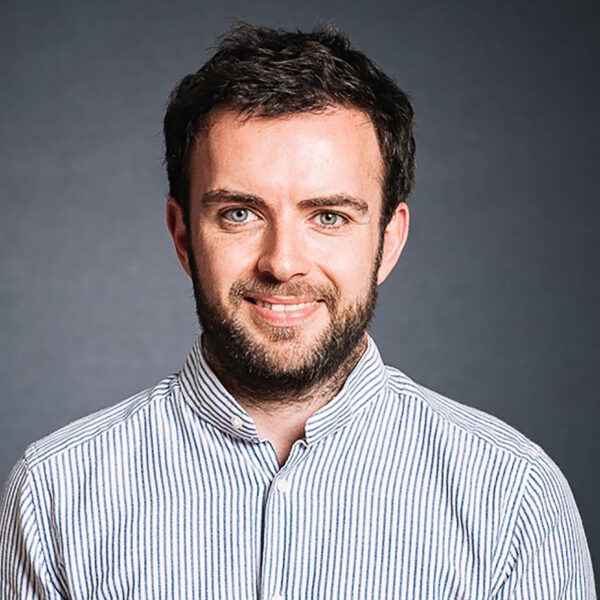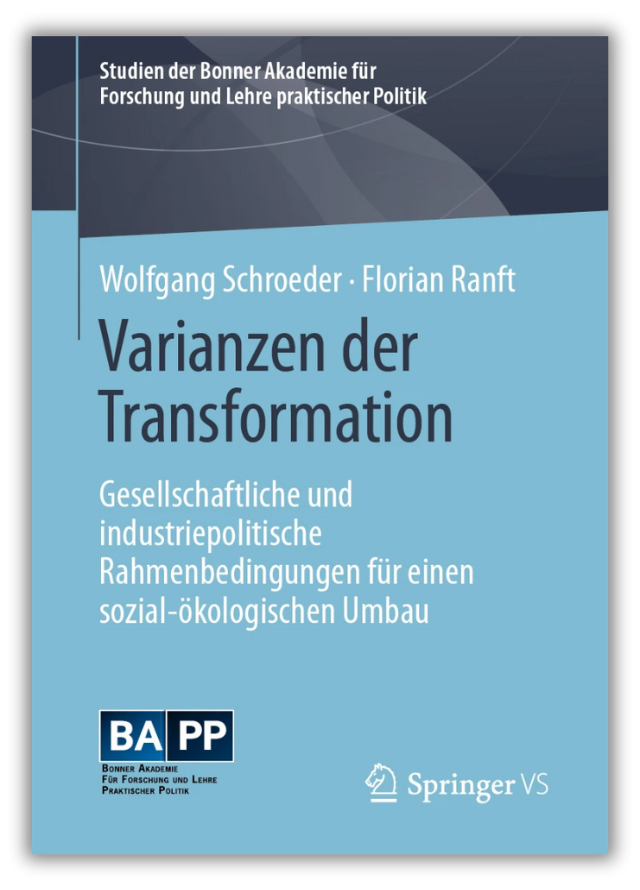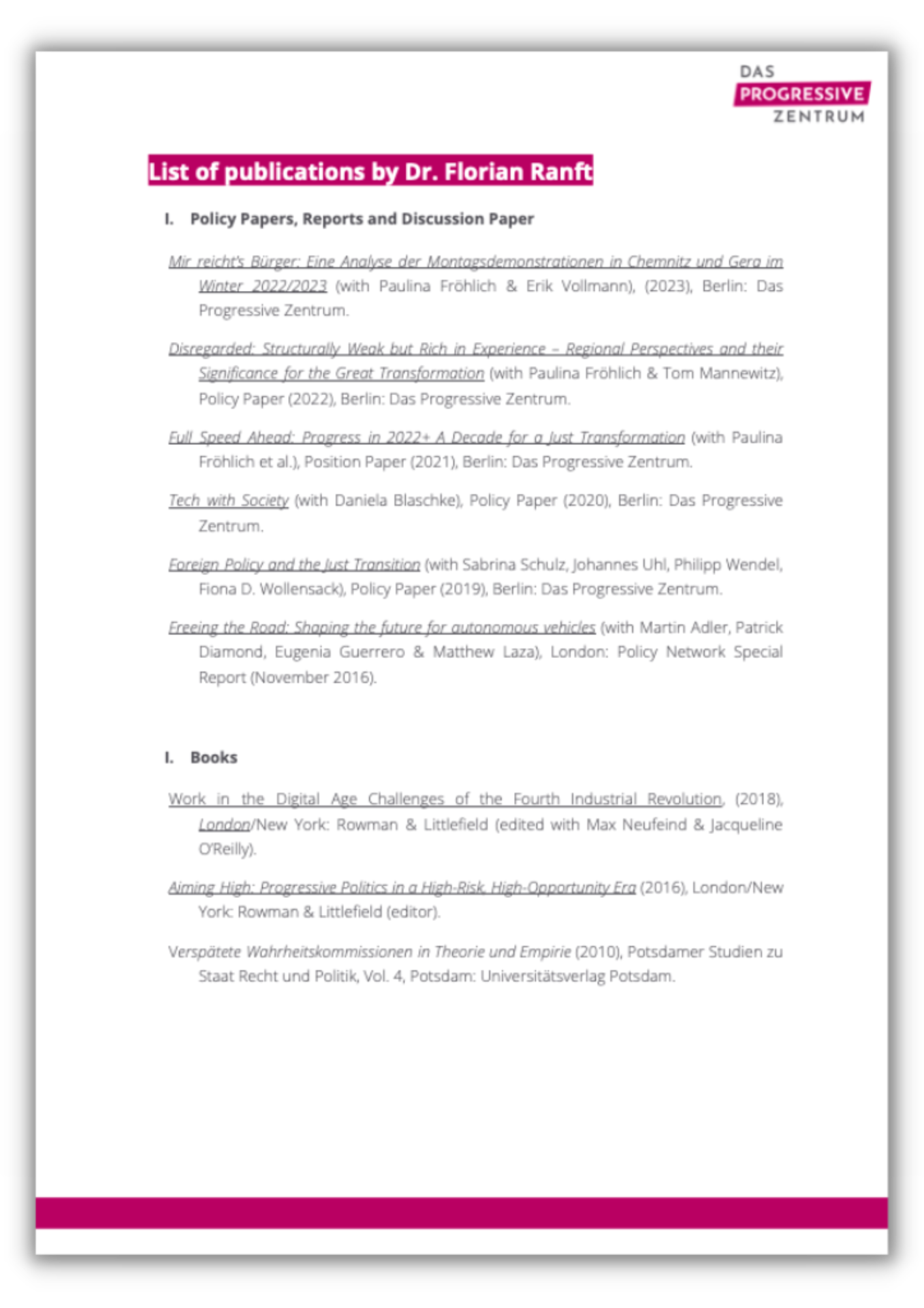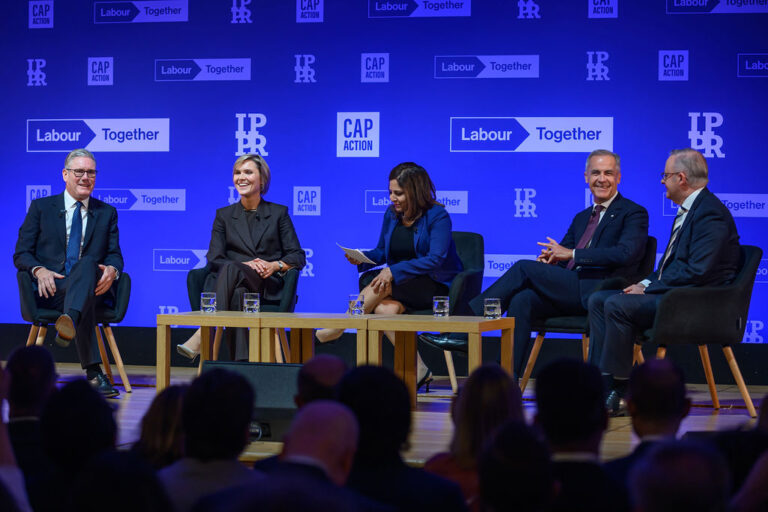Publikationen
Varianzen der Transformation
No Backlash, No Retreat
Meldungen
Mehrheiten für ein neues Sicherheitsversprechen: Erkenntnisse vom Progressiven-Gipfel in London
Europa und die US-Bundesstaaten können bei der transatlantischen Klimapolitik eine führende Rolle übernehmen
KI: progressives Narrativ und die Rolle des Staates
- Wer mehr Sicherheit will, muss über mehr als Verteidigung nachdenken
- Die Lehren für Progressive aus der Bundestagswahl
- Amerikaner wollen „America first“, aber mit mehr Klimaschutz
- Der Tabubruch im Bundestag bietet für die Mitte-Links-Parteien die Chance einer Kursänderung
- Preparedness, Investment and Industrial Policy in Times of Political Upheaval: Progressive Economics Network Meeting in Berlin
Projekte

Wir entwickeln und debattieren Ideen für den gesellschaftlichen Fortschritt – und bringen diejenigen zusammen, die sie in die Tat umsetzen. Unser Ziel als Think Tank: das Gelingen einer gerechten Transformation. ▸ Mehr erfahren










